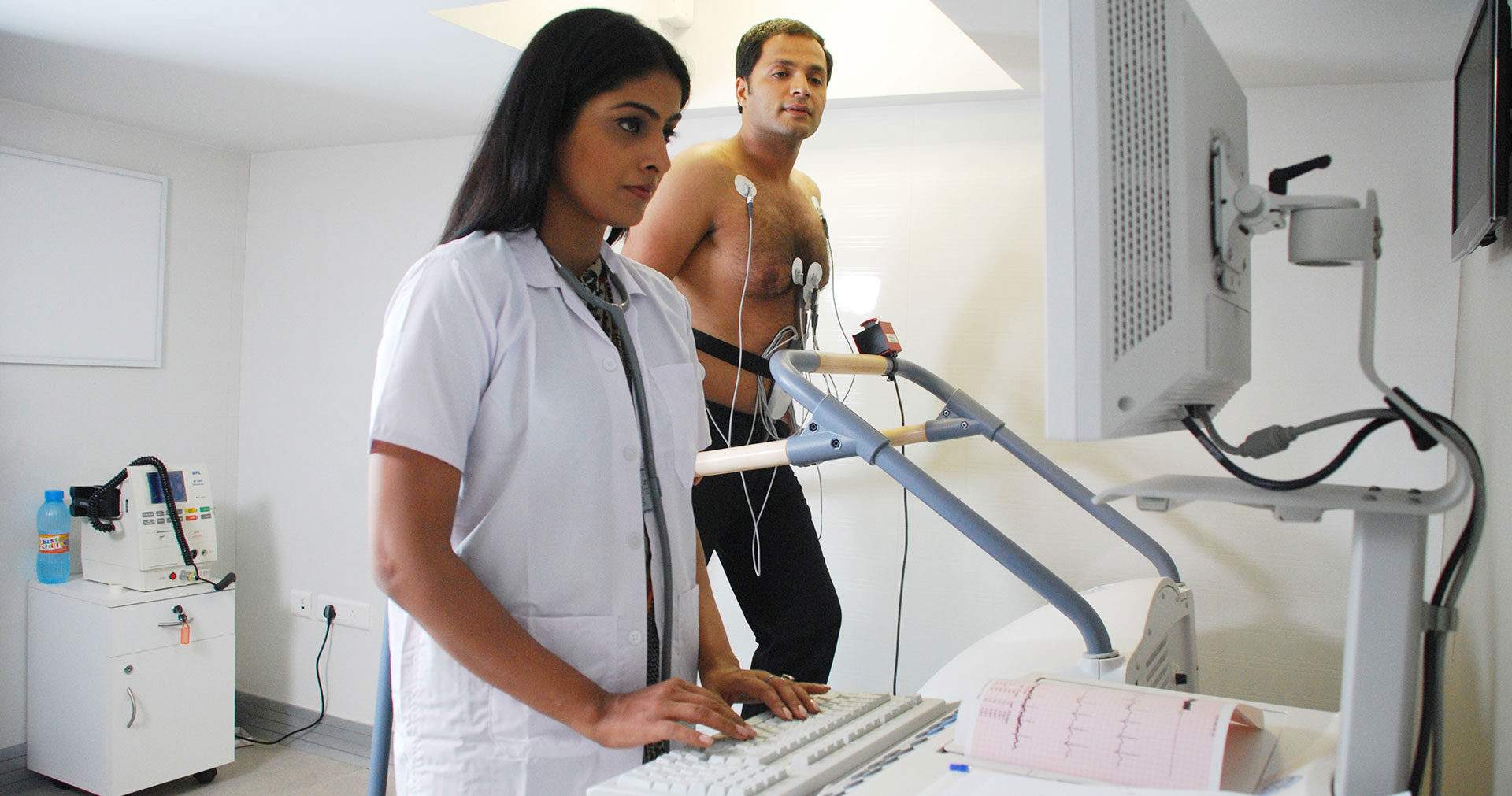If you are suffering from heart-related problems, visiting a heart specialist Sydney is important. The best cardiologists can diagnose your condition and suggest the right treatment. Here is a list of some of the best services provided by the heart specialist in Sydney:
Holter monitor test
The Holter monitor test is one of the most common tests on patients with heart rhythm problems. It measures your heart’s electrical activity over 24 hours, so it can help your doctor identify any abnormal heartbeats or issues with your heart rate variability. The device looks like a small watch and is attached to your chest by electrodes (small wires). You’ll wear this device for about 24 hours while you go about your daily activities as usual–including sleeping, eating, and exercising–and then bring it back to the doctor’s office for analysis of its data later on. The doctor may also ask you to do an exercise stress test before taking off the monitor so they can compare those results with data collected during wearing time of Holter monitoring equipment at home. The device can also monitor heart rhythm problems in pregnant women and people who’ve recently had heart surgery.
 Echocardiography
Echocardiography
Echocardiography is a noninvasive test that uses ultrasound waves to create an image of the heart. It can help detect problems with the structure and function of your heart, including:
- Heart valve disease
- Arrhythmias (irregular heartbeat)
- Coronary artery disease
Echocardiography can also assess pumping ability, indicating whether you’re at risk for heart failure or coronary artery disease. The test involves placing an ultrasound transducer on your chest, which sends sound waves through your body. The sound waves bounce off structures within the heart and are reflected in the transducer, creating an image displayed on a monitor.
Stress test
The stress test is a cardiologic examination performed to check the health of your heart. In this test, electrodes are placed on your chest, and a blood pressure cuff is wrapped around your arm. The stress test can be done at rest or while walking on a treadmill. The electrodes measure your heart’s electrical activity, while the blood pressure cuff measures your blood pressure. A stress test is usually done after a doctor suspects you have heart disease. The test can also be used to check your fitness level, see if any medications are helping or need to be changed, monitor the success of cardiac rehabilitation, and follow up on heart surgery.
Cardiac MRI (Magnetic Resonance Imaging)
A cardiac MRI is an imaging test that uses magnetic fields and radio waves to create images of your heart. It’s a painless procedure and the best way to diagnose abnormal heart rhythms or coronary artery disease. For this test, you’ll lie on a table that slides into a tunnel-shaped machine called an MRI scanner. The machine uses strong magnets and radio waves to create detailed images of your heart. The MRI machine is completely safe and painless. It doesn’t use X-rays, so you don’t have to worry about radiation exposure. During an MRI scan, you’ll be able to talk with your doctor and family members outside the scanner. The MRI machine is very loud, making it difficult to hear. You’ll also feel pressure on your body as the scanner moves you into position. The test takes about 30 minutes and includes several short breaks to relax between images.
Myocardial Perfusion Scanning
The myocardial perfusion scan is a type of nuclear medicine test that uses a small amount of radioactive material to measure the blood flow to your heart muscle. It can be used to evaluate chest pain and identify areas with insufficient blood flow, which may be caused by coronary artery disease (CAD). The test takes about 30 minutes, but you’ll need to arrive at least 2 hours before your appointment so you can prepare for it. The doctor will ask questions about your medical history and any symptoms or concerns related to CAD. Some risks are associated with this type of scan:
- Radiation exposure.
- Allergic reactions from iodine-based contrast agents used during the procedure.
- Infection from needles used during intravenous (IV) injections if you have certain health conditions such as diabetes mellitus or immune system disorders.
Cardiac CT (Computed Tomography) scan
A CT (computed Tomography) scan is a type of x-ray that uses special equipment to create cross-sectional images of your heart and its surrounding structures. CT scans are used to diagnose several conditions, including:
- Heart disease (such as coronary artery disease)
- Valvular disorders, such as aortic stenosis or mitral regurgitation
- Cardiac tumors and masses
The cardiologists at Sydney provide the best services
The following are some of the tests offered by the Cardiologists in Sydney:
- Holter monitor test – this is a 24-hour ECG (electrocardiogram) recording that allows your doctor to see how your heart functions when you are at rest and during exercise. It can also detect irregular rhythms or arrhythmias and assess if you have a heart condition such as angina or coronary artery disease.
- Echocardiography – this involves using sound waves to produce images of structures within your body, such as blood vessels, organs, and tissues; it’s usually done through an ultrasound scan but may also include CT scans or MRI scans depending on what kind of information needs to be gathered from each patient individually.
Conclusion
The cardiologists at Sydney provide the best services. They are well-trained and experienced in their field, which makes them one of the most reliable doctors in this area. I recommend them to anyone who needs a checkup or treatment for heart problems.
Related Websites:
Articles on Blogshunt
Articles on Blogseu
Articles on Blogspeoples
Articles on Thebigblogtheory
Articles on Allcityforums


